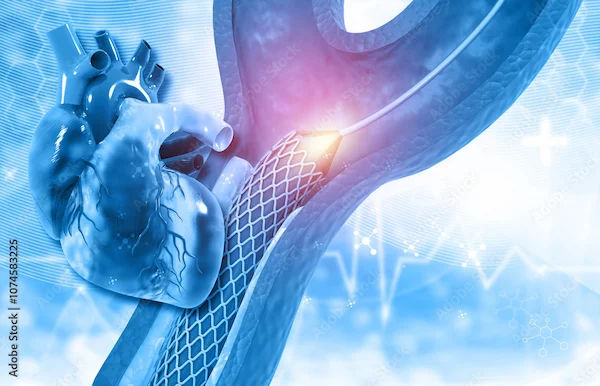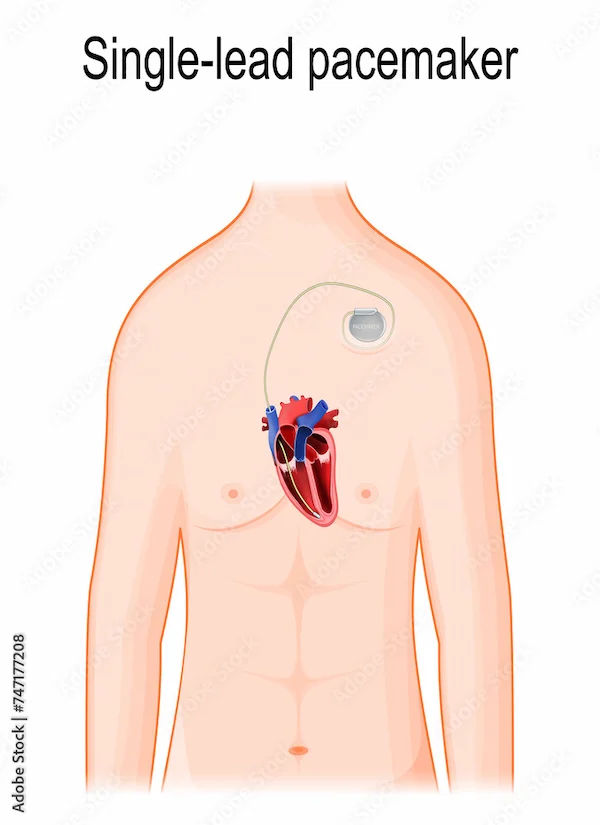- Male
- 52 Years
- 22/01/2025
I'm looking at my echocardiography report and I'm a bit worried. It says things like IVSTD 03 mm, LVPWD 07 mm, LVIDd 70 mm, FS 13, LVIDs 61 mm, and EF 28. I'm not sure what all of that means, but I'm concerned about whether these measurements are okay. Am I actually fit? Can you help me understand this?
Answered by 1 Apollo Doctors
Based on your echocardiography report, it indicates that you have a reduced ejection fraction (EF) of 28%, which is below the normal range (55-70%). This may indicate a decrease in the pumping function of your heart. It is important to follow up with your healthcare provider for further evaluation and management. In terms of medication, you may be prescribed medications such as Carvedilol
Dr. Ranjith Suggests...
Consult a Cardiologist
Answered 04/07/2025
0
0

More Cardiology Health Queries
View allMy dad got his first Covaxin dose today and he stopped taking Ecosprin AV 75 two days ago. I'm wondering if it's okay for him to start taking it again now or if he should wait a couple more days.
"Dear SirMam, your father can continue taking Ecosprin AV 75 along with Covaxin. There is no need to stop it for 2-3 more days. The combination is safe and can be continued as prescribed. The usual dosage for Ecosprin AV 75 is one tablet once daily."
Answered by 1 Apollo Doctors
I've been experiencing this weird irregular and thumping heartbeat but there's no chest pain. It's just this uncomfortable feeling in my chest, especially when I drink water or eat. It makes it hard to take a deep breath. I went to the doctor and they suggested an ECG, which came out normal. It went away for a couple of days but now it's back again. What could be causing this?
It sounds like you may be experiencing symptoms of palpitations and difficulty breathing. These symptoms can be caused by various factors such as anxiety, dehydration, caffeine intake, or underlying heart conditions like arrhythmias. Since your ECG results were normal, it is important to rule out other possible causes. I recommend you to try to stay hydrated, avoid excessive caffeine intake, and manage stress levels. Additionally, you can take a beta-blocker like Metoprolol 25mg once daily to help regulate your heartbeat and reduce palpitations. If symptoms persist or worsen, further evaluation by a cardiologist may be necessary.
Answered by 1 Apollo Doctors
I'm really concerned about my dad's blood pressure. He's been dealing with high BP for a while, but it was stable and normal the past few days. Today it shot up to 153110 and he took his usual Tazlock 20, which has Telmisartan IP in it. Is this something we should be really worried about and what steps should we take from here?
yes you can use
Answered by 1 Apollo Doctors
Disclaimer: Answers on Apollo 247 are not intended to replace your doctor advice. Always seek help of a professional doctor in case of an medical emergency or ailment.




